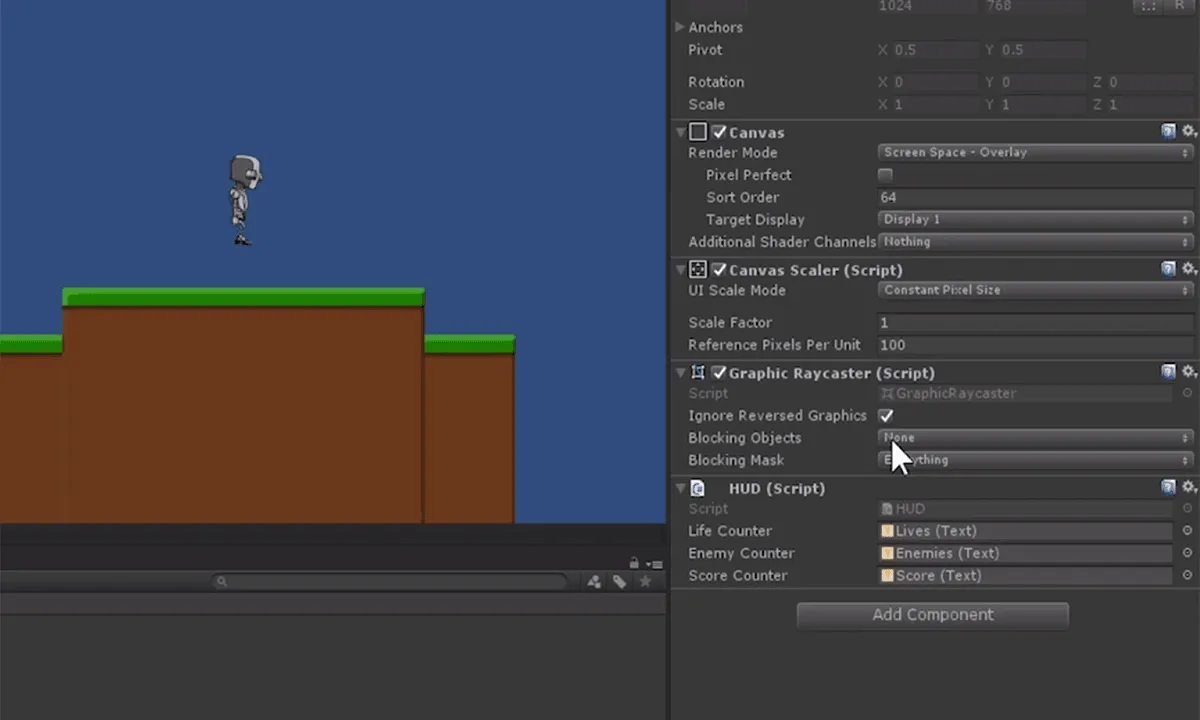
Rapid Gameplay Prototyping 
This Unity Expert Gameplay Programmer Certification Preparation Specialization has been updated to include rapid gameplay prototyping, allowing users to quickly create and test game ideas. ▼
ADVERTISEMENT
Course Feature
![]() Cost:
Cost:
Free
![]() Provider:
Provider:
Coursera
![]() Certificate:
Certificate:
Paid Certification
![]() Language:
Language:
English
![]() Start Date:
Start Date:
24th Aug, 2020
Course Overview
❗The content presented here is sourced directly from Coursera platform. For comprehensive course details, including enrollment information, simply click on the 'Go to class' link on our website.
Updated in [April 29th, 2023]
The Rapid Gameplay Prototyping course is the first course in Unity's Expert Gameplay Programmer Certification Preparation Specialization. This course is designed to challenge experienced Unity developers with a series of realistic programming problems in Unity video-game projects, inspired by topics covered in the Expert Gameplay Programmer Exam. Learners will work on a 2D “infinite platformer” game project, practicing prototyping core game play mechanics, including scripting GameObjects and their components, coordinating UI systems, and implementing UI scripting. Learners will also identify conflicts and implement solutions during the prototype stage.
This is an advanced-level course, intended for industry game developers or very experienced Unity enthusiasts who are looking to “level-up” their gameplay programming and implementation strategies. To succeed in this course, learners should have at least 2-3 years of experience developing games with Unity. They should be familiar with the full-game lifecycle (working from early concept to launch), creating and working with Prefabs, understanding game asset and animation pipelines, and have some experience with Unity Services. Learners should also have advanced programming skills, particularly in the C# language.
Enrollment for this course will close on August 21, 2020. Learners must upgrade or apply for Financial Aid in each course of the specialization by August 20, 2020, if they have not already done so. To earn a Specialization Certificate, learners must complete all graded assignments, including peer reviews, by February 17, 2021. After that point, no new assignment submissions will be accepted for Certificate credit.
[Applications]
Upon completion of this course, learners will have the skills and knowledge necessary to apply the concepts learned to their own game projects. They will be able to use the techniques learned to rapidly prototype game mechanics, identify conflicts, and implement solutions. Learners will also be better prepared to take the Unity Expert Gameplay Programmer Certification Exam.
[Career Paths]
Recommended Career Paths:
1. Unity Gameplay Programmer: Unity Gameplay Programmers are responsible for developing and implementing game mechanics, UI systems, and scripting for video games. They must have a strong understanding of the Unity game engine and be able to work with a variety of game assets and animation pipelines. This role is in high demand as the gaming industry continues to grow.
2. Game Designer: Game Designers are responsible for creating the overall vision for a game, including the game mechanics, storyline, and user experience. They must have a strong understanding of game development and be able to work with a variety of game assets and animation pipelines. This role is in high demand as the gaming industry continues to grow.
3. Level Designer: Level Designers are responsible for creating the levels and environments for a game. They must have a strong understanding of game development and be able to work with a variety of game assets and animation pipelines. This role is in high demand as the gaming industry continues to grow.
4. Technical Artist: Technical Artists are responsible for creating the art assets for a game, including 3D models, textures, and animations. They must have a strong understanding of game development and be able to work with a variety of game assets and animation pipelines. This role is in high demand as the gaming industry continues to grow.
[Education Paths]
Recommended Degree Paths:
1. Bachelor of Science in Computer Science: This degree path provides a comprehensive overview of computer science fundamentals, including programming, software engineering, and computer architecture. It also covers topics such as artificial intelligence, computer graphics, and game development. This degree path is ideal for those looking to pursue a career in game development, as it provides the necessary skills and knowledge to develop and implement game mechanics.
2. Master of Science in Computer Science: This degree path provides a more in-depth look at computer science fundamentals, including advanced topics such as machine learning, computer vision, and natural language processing. It also covers topics such as game development, game design, and game theory. This degree path is ideal for those looking to pursue a career in game development, as it provides the necessary skills and knowledge to develop and implement game mechanics.
3. Bachelor of Science in Game Design: This degree path provides a comprehensive overview of game design fundamentals, including game mechanics, game design theory, and game development. It also covers topics such as game production, game art, and game programming. This degree path is ideal for those looking to pursue a career in game development, as it provides the necessary skills and knowledge to develop and implement game mechanics.
4. Master of Science in Game Design: This degree path provides a more in-depth look at game design fundamentals, including advanced topics such as game AI, game physics, and game optimization. It also covers topics such as game production, game art, and game programming. This degree path is ideal for those looking to pursue a career in game development, as it provides the necessary skills and knowledge to develop and implement game mechanics.
Developing Trends:
1. Virtual Reality: Virtual reality (VR) is becoming increasingly popular in the game development industry, and many game developers are now incorporating VR into their games. This trend is expected to continue, as VR technology continues to improve and become more accessible.
2. Augmented Reality: Augmented reality (AR) is becoming increasingly popular in the game development industry, and many game developers are now incorporating AR into their games. This trend is expected to continue, as AR technology continues to improve and become more accessible.
3. Cloud Computing: Cloud computing is becoming increasingly popular in the game development industry, and many game developers are now incorporating cloud computing into their games. This trend is expected to continue, as cloud computing technology continues to improve and become more accessible.
4. Artificial Intelligence: Artificial intelligence (AI) is becoming increasingly popular in the game development industry, and many game developers are now incorporating AI into their games. This trend is expected to continue, as AI technology continues to improve and become more accessible.
Course Provider

Provider Coursera's Stats at AZClass
Discussion and Reviews
0.0 (Based on 0 reviews)
Explore Similar Online Courses
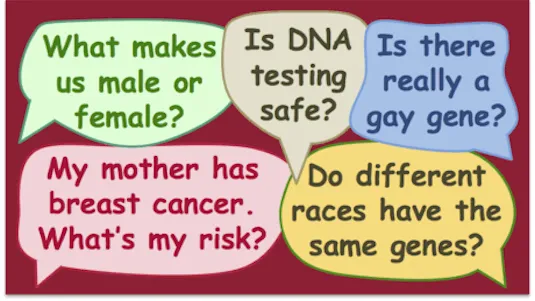
Useful Genetics Part 1

Basic Spanish 1: Getting Started

Python for Informatics: Exploring Information

Social Network Analysis

Introduction to Systematic Review and Meta-Analysis

The Analytics Edge

DCO042 - Python For Informatics

Causal Diagrams: Draw Your Assumptions Before Your Conclusions

Whole genome sequencing of bacterial genomes - tools and applications
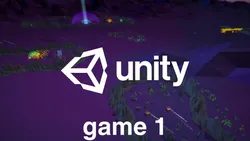
Learn Unity 3D and C# By Making a Full Game (2023)
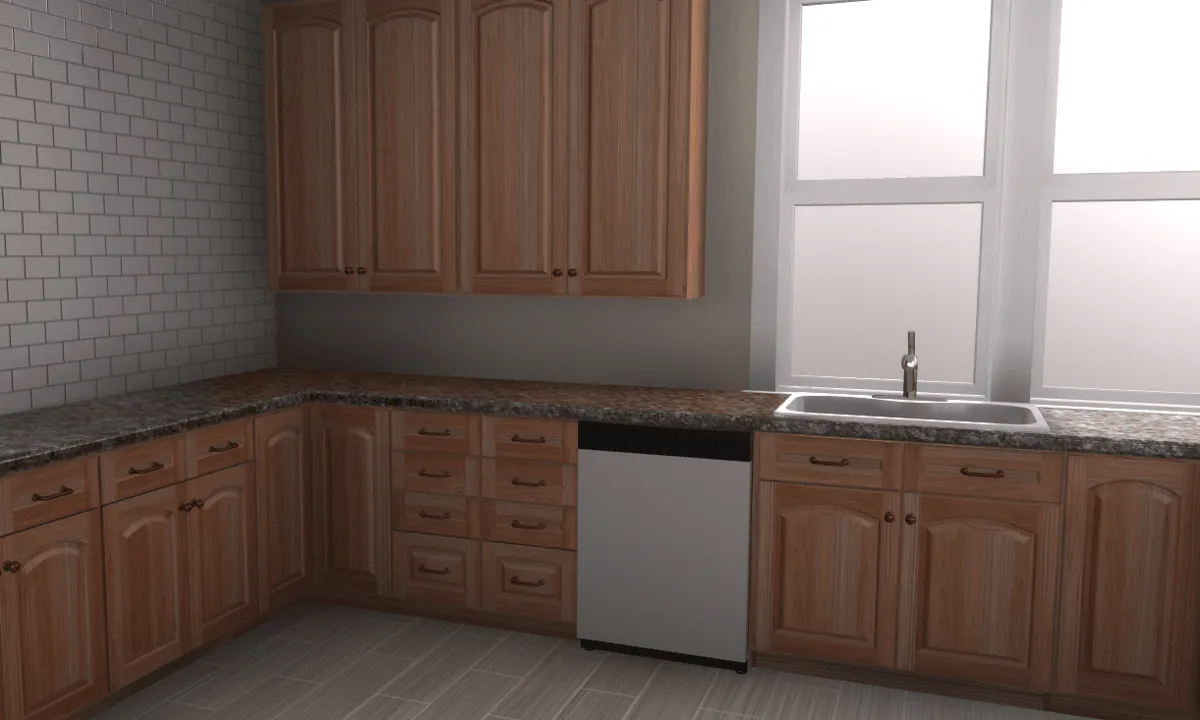
Asset Creation and Management
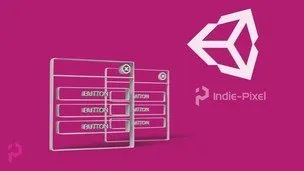
Unity 3D - Create a Reusable UI System
 Related Categories
Related Categories
 Popular Providers
Popular Providers
Quiz
 Submitted Sucessfully
Submitted Sucessfully
1. What is the deadline for enrolling in the Unity Expert Gameplay Programmer Certification Preparation Specialization?
2. What type of game project will you work on in this course?
3. What level of experience with Unity is recommended for this course?
4. What is the deadline for completing all graded assignments to earn a Specialization Certificate?
Correct Answer: February 17, 2021


Start your review of Rapid Gameplay Prototyping